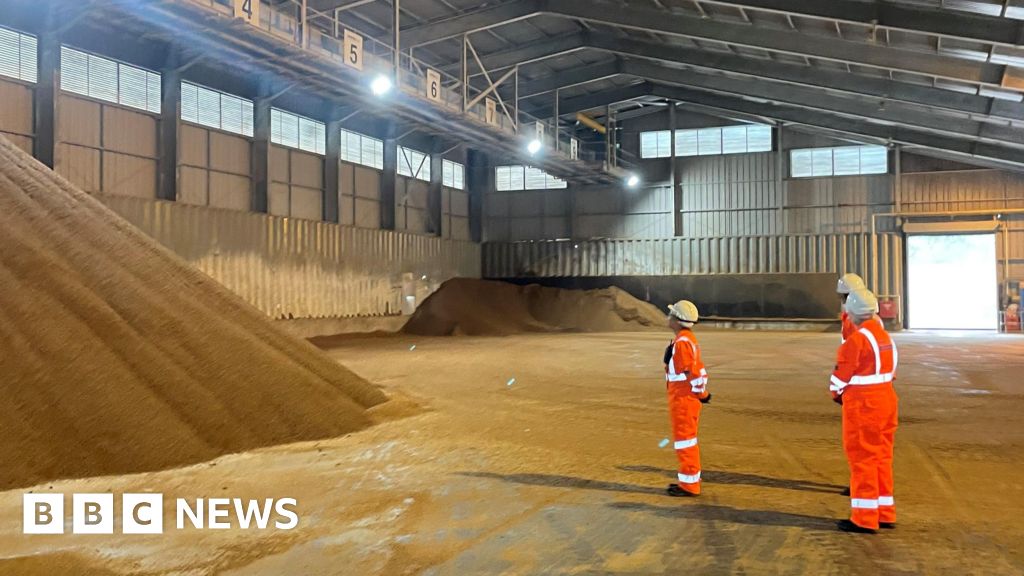
The Vivergo Bioethanol Closure and Its Implications
In recent developments, Vivergo, one of the UK’s two bioethanol plants, has announced its decision to cease production and lay off 160 employees. The move comes after the government declined to provide financial support for the struggling bioethanol sector. This decision casts a shadow on the UK’s commitment to sustainable energy, impacting not just the local economy but also the nation’s environmental goals.
Why Is the Vivergo Plant Shutting Down?
The plant, owned by Associated British Foods, described its operations as “heavily loss-making,” citing increased competition from imported bioethanol from the United States. The issue has been further complicated by a UK-US trade deal that eased tariffs on US-imported ethanol while UK-based manufacturers faced stricter regulations. Vivergo officials have voiced criticism, labeling the decision as a “massive blow” to the Humber region and a missed opportunity for the UK’s green industrial strategy.
What is Bioethanol and Why Does It Matter?
Bioethanol, a renewable energy source, is derived from grains or waste oil and is commonly used as an additive in fuels to reduce harmful emissions. Blends like E5 and E10 petrol, as well as sustainable aviation fuel, rely on bioethanol to mitigate climate-damaging CO2 output. The closure of the Vivergo plant raises concerns about the UK’s reliance on imported fuel alternatives, which could destabilize the market and compromise energy sustainability.
Impact on Local Industry and Employment
Vivergo’s closure doesn’t solely affect its employees—local suppliers, farmers, and other stakeholders also stand to face substantial repercussions. According to Ben Hackett, Vivergo’s managing director, UK farmers, for example, will struggle to find buyers for non-food-grade wheat, which previously fed into bioethanol production.
A Potential Crisis for Industries Dependent on CO2
Beyond bioethanol, the plant’s operations also indirectly affect the CO2 supply chain crucial for food production, healthcare, and other industries. OXCCU CEO Andrew Symes warned that the shutdown could leave the UK in a vulnerable position, reliant on imports for critical resources. As it stands, the lack of support for domestic ethanol production may have longer-term implications, including higher costs for essential industries.
What Comes Next for the UK’s Green Energy Strategy?
The government argues that its decision prioritizes the nation’s broader economic interests, especially in sectors like automotive and aerospace. While it plans to work with companies during the closure process, critics claim the UK is jeopardizing its credibility in promoting green policies. Charlotte Brumpton-Childs of the GMB union stated that “clean energy industrial strategies mean nothing if we cannot protect plants long enough to deliver clean energy jobs.”
A Sustainable Future: Exploring Alternatives
For eco-conscious consumers and businesses looking to reduce their carbon footprint, brands like Shell are spearheading innovation in sustainable fuel alternatives. Their initiative to advance E10-grade low-emission fuels could serve as a viable alternative to help bridge the gap left by local producers.
As green technology initiatives continue to expand worldwide, it’s vital that the UK reexamines how policy decisions affect domestic industries and long-term environmental commitments. Vivergo’s closure marks a critical juncture where sustainability policies must align with industrial support to secure the future of renewable energy.






